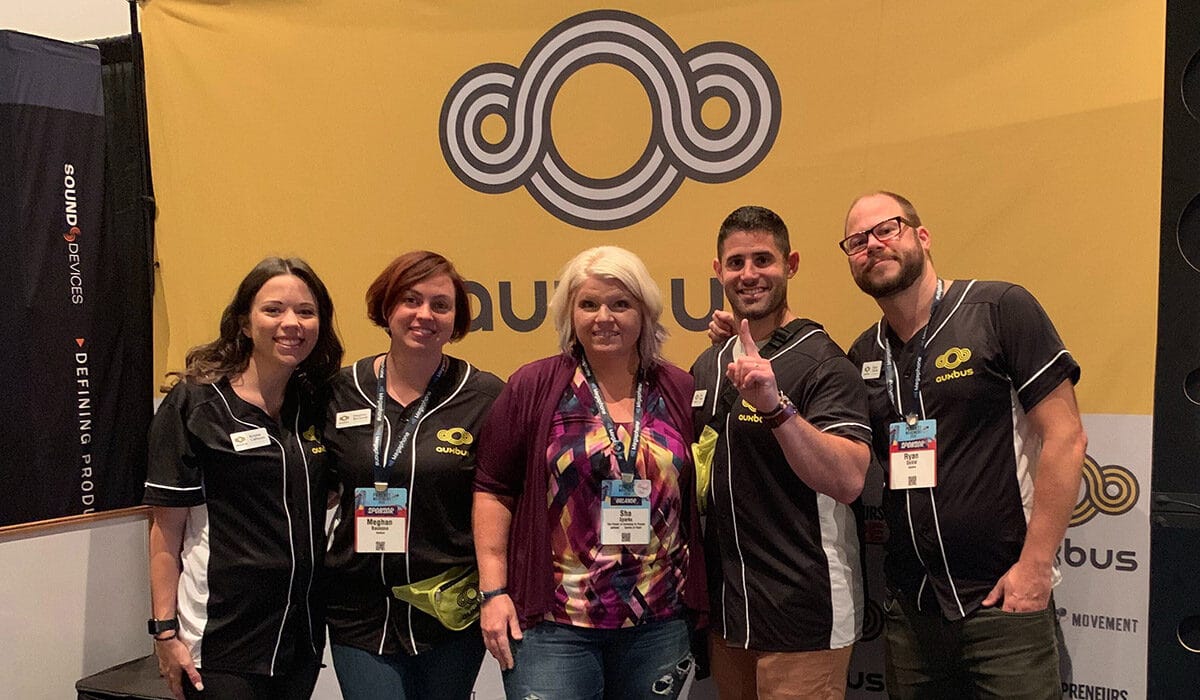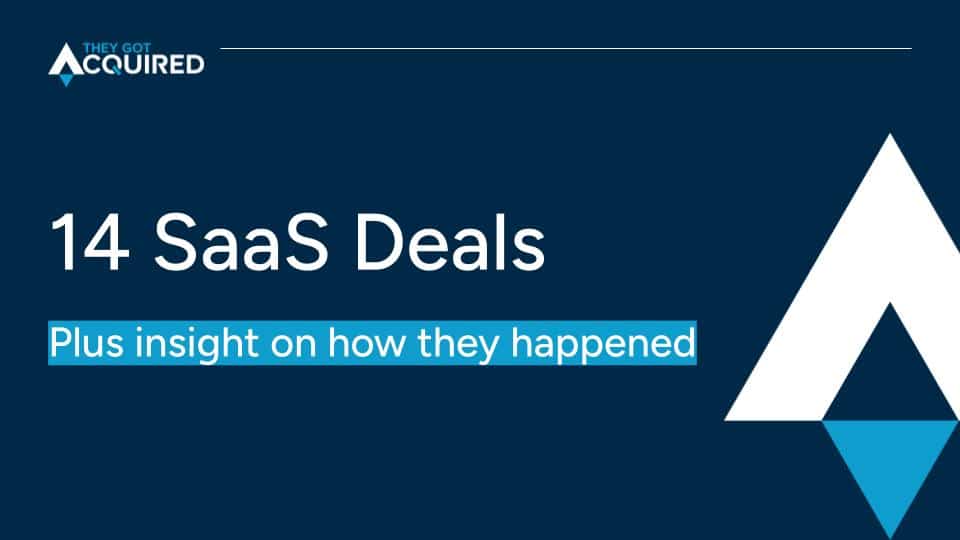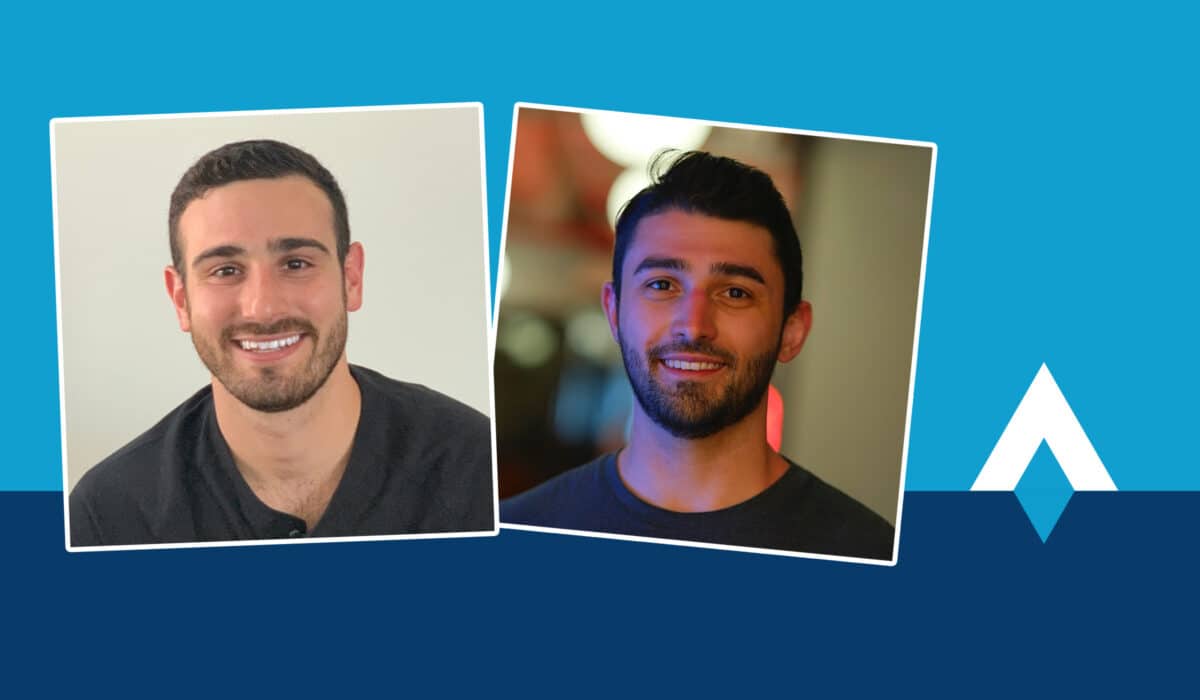Dan Radin had never before coded software when he started Auxbus, a subscription-based podcast creation business. Within three years and an angel round of funding, he sold the company for “nearly 7 figures.”
In 2018, after 15 years developing audio technology products, Radin left the corporate world to build a SaaS business that solved his own problem. He explained the motivation behind Auxbus in an interview on the Watch Pitch podcast (episode 46).
“My original love is drums,” he said on the podcast. “I started a podcast about drum gear … I was spending way too much of my time on this podcast because a) the tools didn’t exist to make it fast or easy for me, and b) despite the time that I had spent all this time in audio technology, it was still taking me all the time. So how much time and how much pain must it be for regular people who don’t have an audio background?”
Using his expertise and savings, Radin developed a web-based turnkey podcast tool enabling anyone to produce their own podcast quickly and easily. Auxbus automates every aspect of podcast production, from content planning to editing, distribution and analytics. Radin and his small team raised $412,000 in angel investment to build the product.
Building a great product vs. building a great business
Auxbus acquired and retained thousands of free users, but only dozens of paid users.
Two years after founding the business, Radin found the company running out of cash. Rather than seek more investment, which he sees as a never-ending treadmill, he decided to sell.
Radin’s first step was announcing his intention to exit the business on LinkedIn and Facebook, where he described the biggest lesson he learned.
“We have built and launched a great product. Podcasters consistently rate Auxbus 4.95 out of 5 stars,” he wrote. “The problem is, we’ve focused too heavily on building a great product while not focusing enough on building a great business.”
The post wasn’t part of a sales strategy; it was simply an update for Radin’s network. And it didn’t result in any leads. From there, Radin set off to pitch potential buyers.
“No magic, special tools, or shortcuts,” he told They Got Acquired. “Just old-fashioned selling.” He used a typical sales process to find a buyer; first identifying potential targets and developing leads. After nailing his pitch, he approached audio tech and legacy podcast companies that were missing the consumer element in podcast production.
Libsyn, a podcast hosting, distribution and monetization platform proved the best fit and acquired Auxbus in 2021 for what Radin described as “nearly 7 figures.”
At the time, an activist investor in Libsyn was driving a new growth plan and executive changes, so Radin used these shifts to his advantage, demonstrating Auxbus was strategically valuable. “I cold-called the investor and developed a relationship,” he said. “I sold it to them based on the vision of creating vertical integration of our ‘factory’ with their ‘distribution company.’”
Auxbus’s website now redirects to LibsynStudio.
Advice from Radin to other founders
Radin offers this advice to founders starting the exit process:
- Lean on your sales muscle: Finding a buyer is similar to selling your product or service to customers. The difference is you’re selling the company or its assets, but you’re still looking for product-market fit. Find for whom the combination of your company and theirs has a 1+1=3 effect.
- Clarify your value: Write a brief, memo or deck illustrating why the combination of your company with theirs will return greater value than the price you’re asking. Your deal partner will likely appreciate the rationale and vision. Include comparable deals if possible, and be concise because they’ll use it to reach consensus on the deal thesis.



